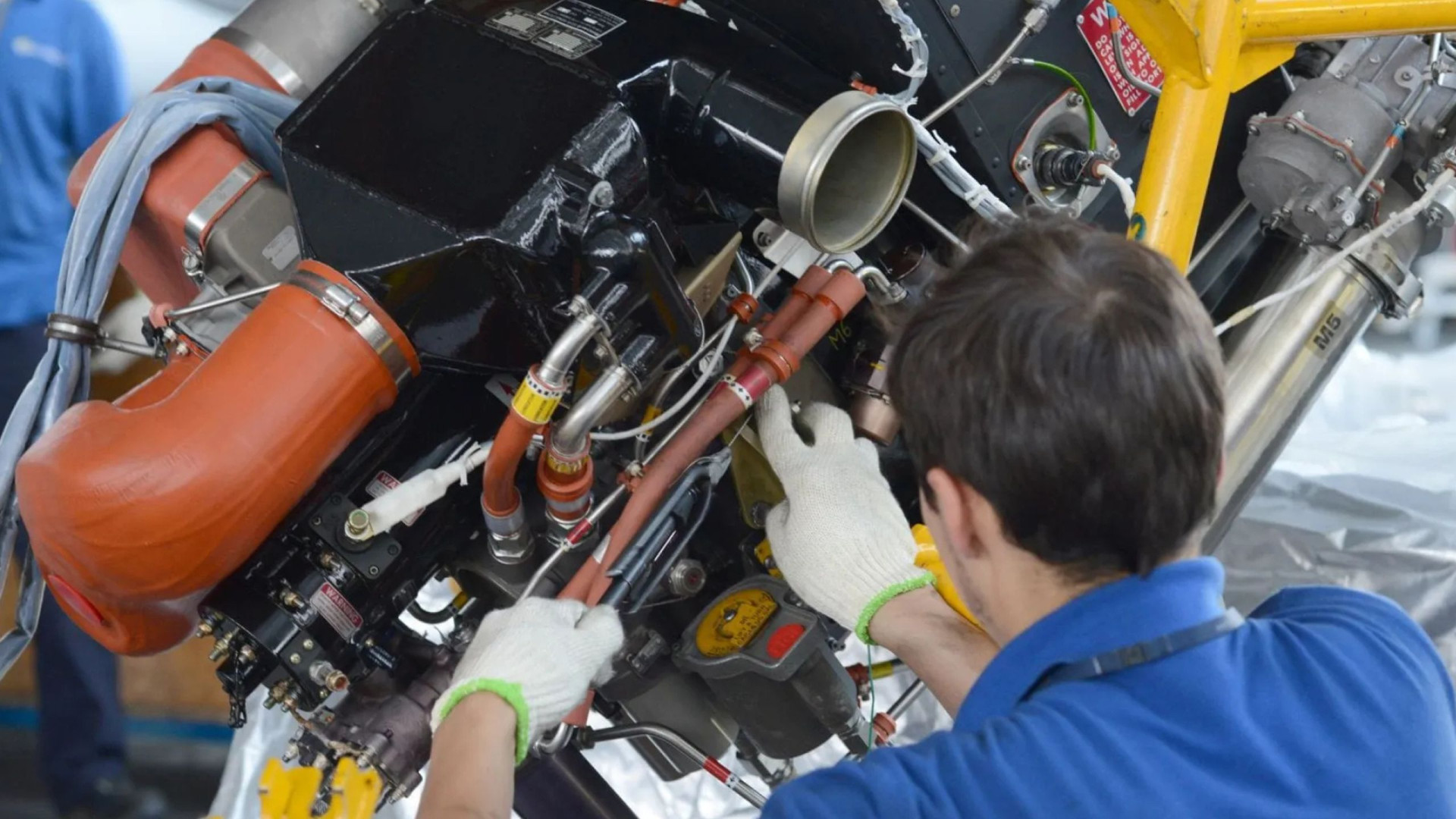Updated on 19.09.2025
After-sales operations in the USA remain possible, but at the same time controls are increasing. We explain here what is legally permitted, what companies need to look out for and how they can minimize risks.
Share article:

Recent media reports about stricter controls at the border as well as large-scale raids on US companies have reignited the debate about the deployment of personnel in the USA, particularly in the area of after-sales activities.
For companies, this means that it is now more important than ever to prepare projects in a legally compliant manner and to have the right evidence ready.
The good news: After-sales operations with B-1 Visas or ESTA are still permitted - as long as the specifications are adhered to and the legal requirements can be carefully documented.
The bad news is that companies must be prepared for stricter checks at US consulates, at the border or even on site.
Many companies that deliver machines, systems or technical equipment to the USA have to deploy specialist personnel to install and commission them at the customer's premises or to train US personnel.
It is precisely for these cases that US immigration law provides for the possibility of entering the country under certain conditions with a B-1 Business Visa or - depending on nationality - also with ESTA.
Only under these conditions are the active "hands-on" activities described above exceptionally possible without a regular US work visa. These provisions have been in place for years and have not been changed by the current administration in the United States. Nevertheless, we have noticed a much stricter review of these constellations in at least certain US consulates worldwide (e.g. in Eastern Europe).
The greatest difficulty was and often still is the proof of after-sales contracts vis-à-vis the US authorities - be it when applying at the consulate, when entering the country or even during an on-site inspection by ICE.
Large-scale international projects in particular complex (global) contract chains within group structures does not represent a significant risk:
It is often difficult for US border, ICE or consular personnel to fully understand these constructs in the short review situation. The less clear and comprehensible the after-sales contracts, the more contracting parties are involved, the higher the probability that the authorities will refer to the application for or necessity of regular US work visas. This is within the decision-making authority of the responsible officials.
So that your employees can continue to legally compliant and smooth can enter the USA, we recommend
In the case of complex contract structures or long-term personnel assignments, proof of an after-sales contract is often not sufficient. The more difficult it is for the US authorities to trace the contractual chain, the greater the risk that officials will refer to the need to apply for or obtain regular US work visas.
Full legal protection for the deployment of personnel can only be achieved by applying for classic work visas can be achieved. These include, for example E-1/E-2 investor visas or L-1- resp. L-Blanket visas.
These create planning security, as employees with a valid work visa can start their assignment in the USA regardless of the interpretation of the after-sales rules.
However, there is one important restriction:
Only US companies are eligible to apply for US work visas. Only an American location can act as the official petitioner for the respective beneficiary (employee). Foreign companies without a US branch are therefore unable to apply for a work visa for their staff themselves.
For companies without a US presence, this means that after-sales operations will continue to be covered by the B-1/ESTA regulations This is subject to proper contract drafting and careful preparation. Companies with a US location, on the other hand, can create additional planning security and protection against short-term entry problems or on-site inspections by applying for work visas.
Even if the public reporting on stricter immigration law conditions is understandably causing concern among many companies, the following applies:
With clear contracts, careful preparation and professional support, most personnel assignments can continue to be implemented successfully and with legal certainty.
If your company regularly sends specialist personnel to the USA, we will be happy to support you with the assessment, application and preparation - so that your project team can continue to work without unnecessary hurdles in the future.
Date:
Wir und unsere Partner nutzen Cookies, um personenbezogene Daten wie z.B. Browsing-Daten zu speichern und abzurufen, um z.B. Inhalte und Werbung bereitzustellen und zu personalisieren sowie die Verwendung der Website zu analysieren und das Benutzererlebnis zu verbessern. Sie erfahren mehr über die Zwecke, für welche wir und unsere Partner Cookies einsetzen, wenn Sie unten auf den Button „Cookie Einstellungen“ klicken. Hier können sämtliche Einstellungen auch geändert werden. Nachträglich kann man jederzeit seine Cookie-Auswahl überdenken oder seine Einwilligung widerrufen, indem man auf den Link zu den Cookie-Einstellungen im Footer unserer Webseite klickt. Beachten Sie bitte, dass das Blockieren einiger Cookie-Typen unsere Möglichkeiten zur Bereitstellung von auf Ihre Interessen zugeschnittenen Inhalten haben kann oder einige Funktionen der Webseite nur eingeschränkt zur Verfügung stehen.
Durch klicken auf “Alle Cookies akzeptieren” stimmen Sie unserer Nutzung und der Weitergabe Ihrer Daten an unsere Partner zu.